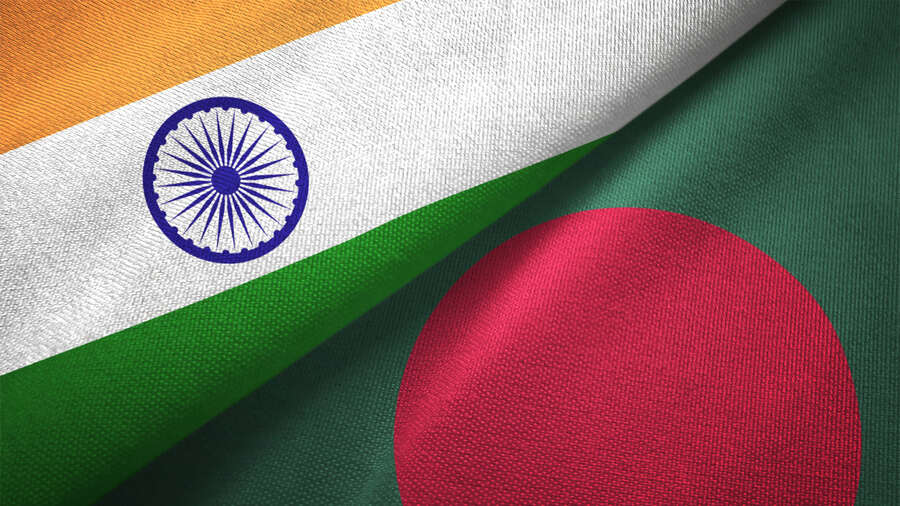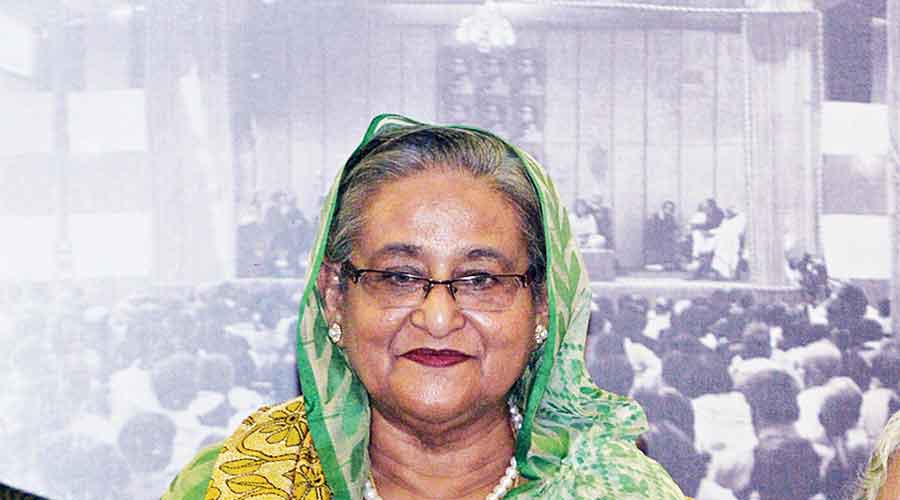Pranay Verma, a 1994-batch IFS officer, is set to take over as Indian high commissioner in Dhaka, the prospective appointment coming as a surprise on both sides of the border as he has no experience of working in Bangladesh or dealing in affairs related to India’s most important eastern neighbour.
It is not mandatory to have experience in dealing with a country before assuming the position of ambassador or high commissioner. But, barring a few exceptions, the external affairs ministry appoints officers to top positions in important countries with which they are familiar.
“Verma’s appointment is really interesting as he has never dealt with Bangladesh issues directly in the past,” a source in Dhaka said.
Verma, now the Indian ambassador to Vietnam, had earlier held diplomatic assignments in Hong Kong, San Francisco, Beijing, Kathmandu and Washington DC.
He had also served as director-general of the East Asia division at the ministry. Before that, he handled India’s nuclear diplomacy as director-general for external relations at the department of atomic energy.
Verma, who is known as a China expert and holds a master’s in Chinese from the Middlebury Institute of International Studies in California, will be replacing Vikram Doraiswami in Dhaka. Doraiswami is expected to head to London as the Indian envoy in the UK.
The timing of Verma’s appointment — he is expected to take charge before Prime Minister Sheikh Hasina’s visit to India in September — is significant as Bangladesh will hold its next general election in December 2023.
The last two general elections in Bangladesh were mired in controversy. The main Opposition party, the Bangladesh Nationalist Party, did not take part in the 2013 contest while the next election’s outcome ran into a credibility challenge because of allegations of large-scale electoral malpractice.
On both occasions, India had stood firmly behind Hasina, playing a big role in legitimising her government.
“The next general election in Bangladesh is very important for India as well. Doraiswami’s term would have ended before the election and he would have had to prolong his stay in Dhaka for the elections, which would have come in the way of his career advancement,” a source said.
“Probably that’s why the foreign ministry is sending a new man to Dhaka so he gets time to familiarise himself with the country before the elections.”
Multiple sources in Dhaka said the diplomatic circles in the capital were abuzz since the appointment of a high commissioner suggests that a new team is set to take guard at the mission.
“The station head of R&AW in Dhaka is also very new…. He arrived in the capital barely three months ago. So, the two most important functionaries of the Indian establishment in Dhaka would be new,” a source in the Bangladesh ministry of foreign affairs said.
He said that all past high commissioners to Dhaka had prior experience — direct or indirect — relating to Bangladesh. Besides, the Indian mission had never before witnessed back-to-back new appointments to the posts of high commissioner and R&AW station head.
R&AW is India’s foreign intelligence agency, its primary areas of functioning being the gathering of foreign intelligence, counter-terrorism, counter-proliferation, advising Indian policymakers, and advancing India’s foreign strategic interests. It is also involved in the security of India’s nuclear programme.
While some officials in Dhaka are sceptical about how well the new team might perform and are wondering about a possible change in India’s stance on Bangladesh, a source in Delhi justified the decision to send the new team.
He said New Delhi was keen on building on the “good work” done by the team headed by Doraiswami, during whose tenure India-Bangladesh relations reached new heights.
“People may question the efficacy of sending a man without any prior association with Bangladesh-related affairs as the high commissioner.… But there is also an advantage as the new high commissioner will be free of baggage and will have a fresh pair of eyes,” a source said.
“Appointing people without prior experience to key missions seems to be the hallmark of foreign minister S. Jaishankar.… Naveen Srivastava, who was appointed ambassador to Nepal in May, never worked directly in the Himalayan country. Similarly, Sibi George, who never had any direct assignment anywhere in East Asia and is known more as an Arab expert, is being sent to Japan.”












